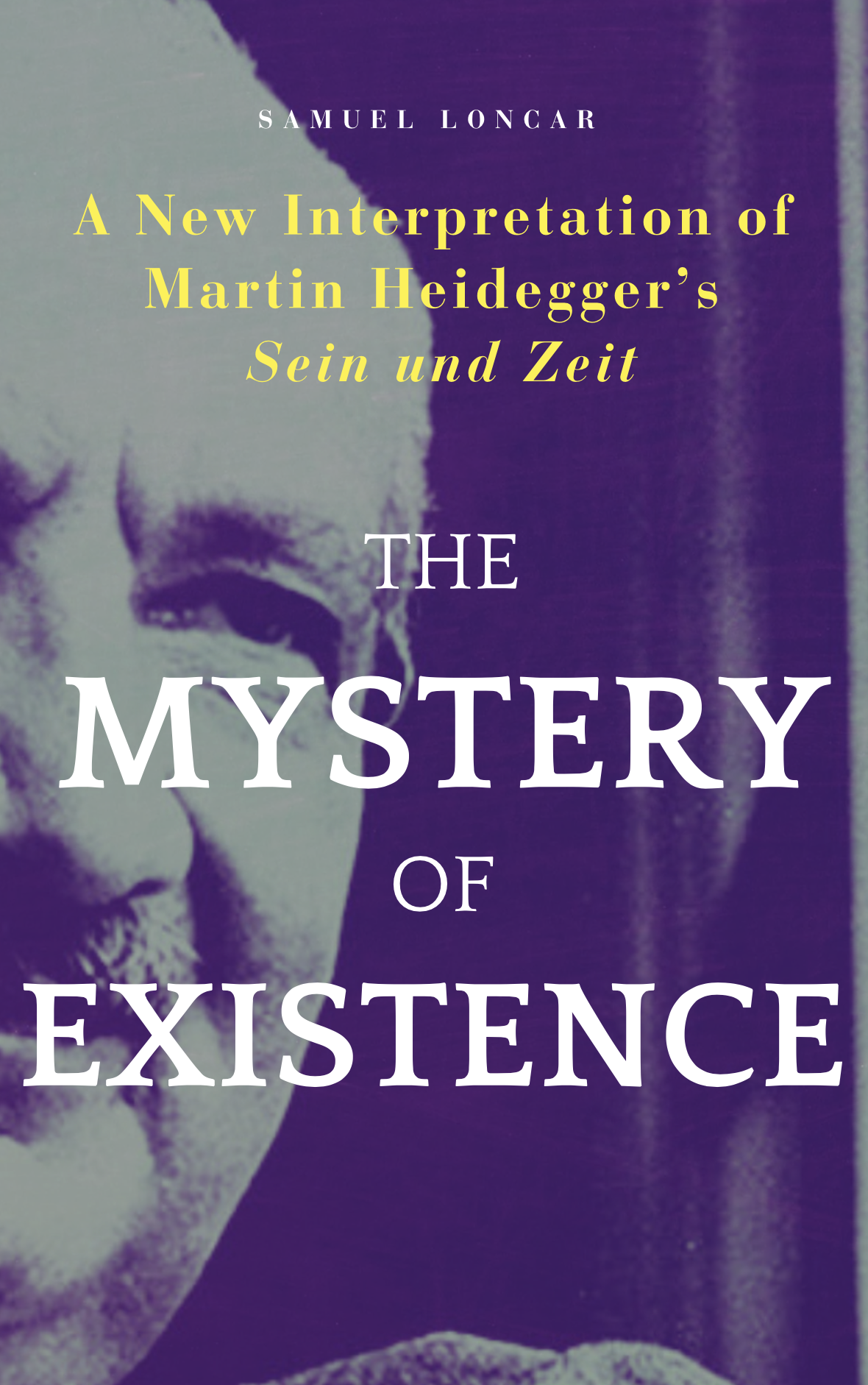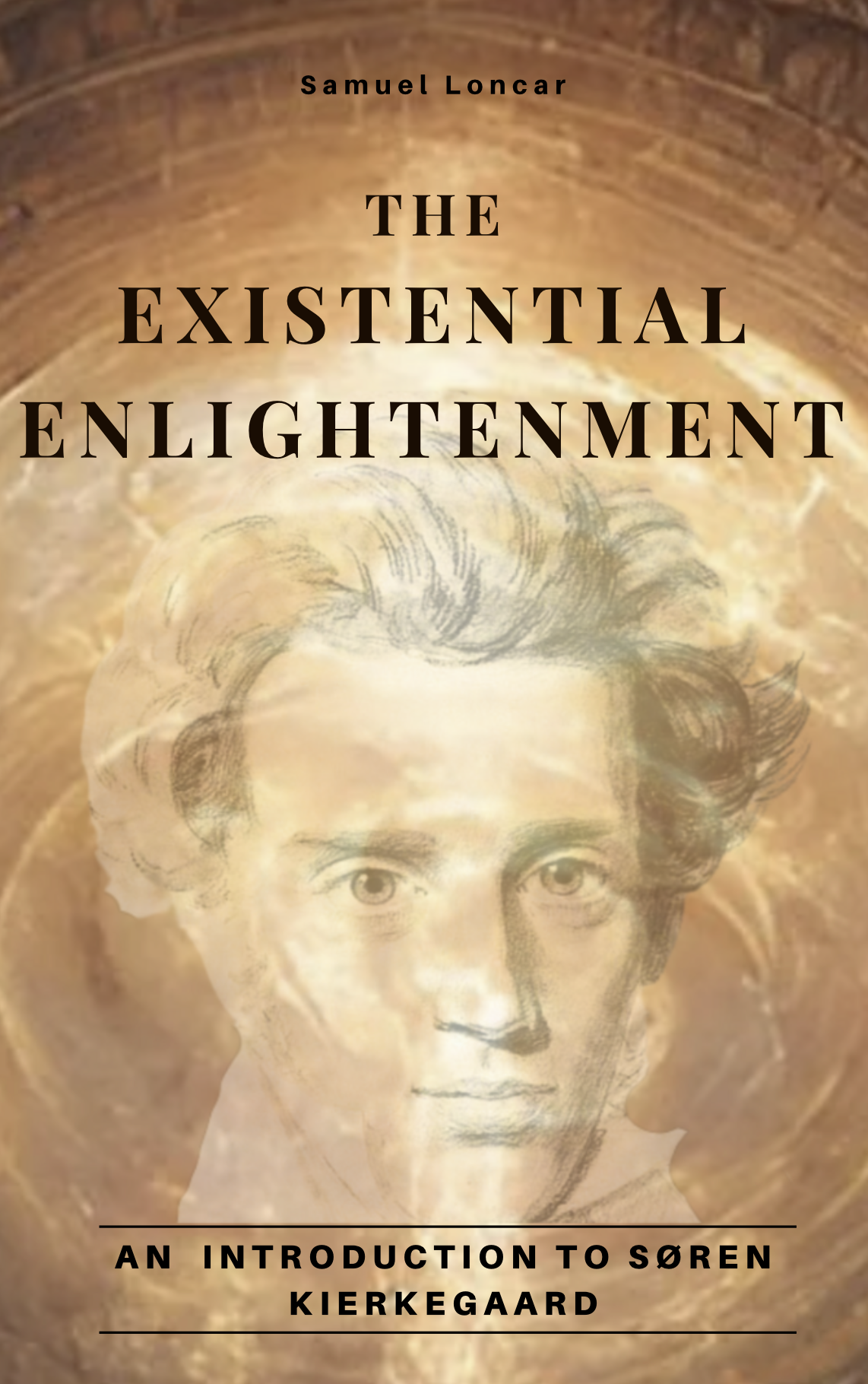
Becoming Human Project
Becoming Human is born from a new story of the human that I am seeking to live and share with others. The project brings my original research, lectures, and conversations with scientists, artists, thinkers, and writers to the widest possible audience through my YouTube, Substack, and podcast, Becoming Human: A Show for a Species in Transition.
Human nature is under construction.
Existence is a work of art we have to fashion for ourselves.
Please handle your humanity with care.
Contents are valuable.
Thank you for taking agency over your existence.
Wayfinder Membership
$10/month
paid Substack Subcription ($84 value)
immediate access to four audio courses ($200 value)
gift copy of Philosophy as a Way of Life guide ($12.99) value)
member-only pricing on all live courses at the Becoming Human Academy
access to all live Plato Project weekly Sunday classes
$296.99 value
The World, the Soul, and the Gods: Introduction to Philosophy
This is a rich and concise introduction to the world (cosmology), the soul (philosophical psychology), and the gods (theology).
The series gives a clear overview of the history of our idea of the world, our concept of life and how it evolved from the idea of the soul in antiquity into the modern self, and of the gods as crucial aspects of human psychology, history, and myth.
It explores how the soul is part of a cosmology we have largely forgotten, a world where humans were connected to the earth, Gaia, as a living intelligence. Our conception of the universe shapes how we think about and care for the Earth and other humans, and this forgotten cosmology has profound wisdom for our ecological crisis. The course as a whole provides a scientifically informed and mythologically sensitive vision of the Life in its individual, earthly, and cosmic dimensions.
Course value: $25
Plato’s “Allegory of The Cave”: Introduction to Epistemology
Plato’s "Allegory of The Cave" is the most famous story in Western philosophy. This 3-lecture course shows how Plato’s allegory gives us insight into how the world is an illusion, how it is real, and how to know the difference.
Developing a critical social epistemology, the course connects Plato's teaching to modern marketing, psychological operations, conspiracy theories, and mass deception. It offers a concise introduction to Plato’s metaphysics and epistemology, while revealing the essential spiritual dimension of philosophy as a practice of liberation, presenting the essentials of Loncar's approach to epistemology as a form of applied philosophy.
This course is a prerequisite for the forthcoming live course “Psy Ops: Psychological Warfare as a Global Epistemic Regime.”
Course value: $25
Science, Sex, & Magic: Plato’s Symposium
Science, magic, and immortality all lead back to the same ancient god: Eros.
The history of revolutionary advances in humanity, the Holy Grail, and Ray Kurtweil's Singularity can all be traced back to a single myth, the Myth of Diotima, found in Plato's “Symposium”—the most literarily intricate of all Plato's dialogues.
Diotima, the mysterious wise woman from Mantinea, reveals to Socrates the secret of immortality. Central to that ancient mystery is Eros (Love).
This three episode series on the Symposium and the Myth of Diotima explores Socrates' integrated vision of Eros that unifies the sensuality of the bedroom, the most rarified delights of mathematical epiphany, and the experience of mystical enlightenment.
Course value: $25
We Are Earth’s Children: A Philosophy of Food and Life’s Interdependence
“The world begins at a kitchen table,” writes Muscogee (Creek) poet Joy Harjo, “no matter what, we must eat to live.” Eating is more than nourishment; it is a shared act that links every living being in the cycle of life on Earth.
This course reveals how our meals reflect the intimate relationship between the land and the flourishing of all creatures. As children of the Earth, we hold both the privilege and responsibility to care for the home that sustains us.
Inspired by a live Q and A, this course explores in three episodes the power of the everyday act of eating to reveal and transform the meaning of life. You will learn how eating a meal is a source of ethical insight, why eating and ecology are intimately linked, and how a philosophy of food as communion with all living beings can deepen your understanding and joy.
Course value: $25
Becoming Human: Origins
Becoming Human: Origins tells the story of how an atheistic revolution in philosophy, beginning with Socrates and Jesus, remade religion and science, and set the stage for our post-human age. It argues that the dominant story of reason, science, and religion is a modern myth, and must be replaced if we are to make real progress.
This 10-episode (10 hour) series begins by presenting Socrates as a revolutionary religious martyr and ends with the death of God and Reason, revealing the common connection between Protestant Christianity, the Enlightenment, Marxism, and Science. These movements are perceived as radically contradictory, but the source of their conflict is their common ancestry: they are all part of a single atheistic narrative—one that has never been told.
That story, recounted here, explains why atheists are religious, why antisemitism persists through all these movements, and why we have a current crisis around the question: What does it mean to be human?
Becoming Human: Origins is based on a decade of research at Yale on science and religion. It was the first public form of my book, Philosophy as Science and Religion from Plato to Posthumanism (appearing with Columbia University Press), and it launched the Becoming Human Project: a multimedia project that brings philosophy as a way of life to everyone and seeks to build a community of creators pursuing a more meaningful life.
Course value: $100
“I’m a philosopher who teaches in the university, and I have been studying Heidegger for 30 years, and Dr. Loncar’s 12-lecture course has literally transformed my understanding of Sein und Zeit. This course is invaluable.
Thank you so much.”
Aliman Sears, Becoming Human Project Member
FAQs
-
Your membership is accessible through your personal log-in.
Memberships provide access to your membership resources and benefits for as long as you are a paying member.
-
Memberships are annual, and billied monthly. You will receive an email before it auto-renews each year.








